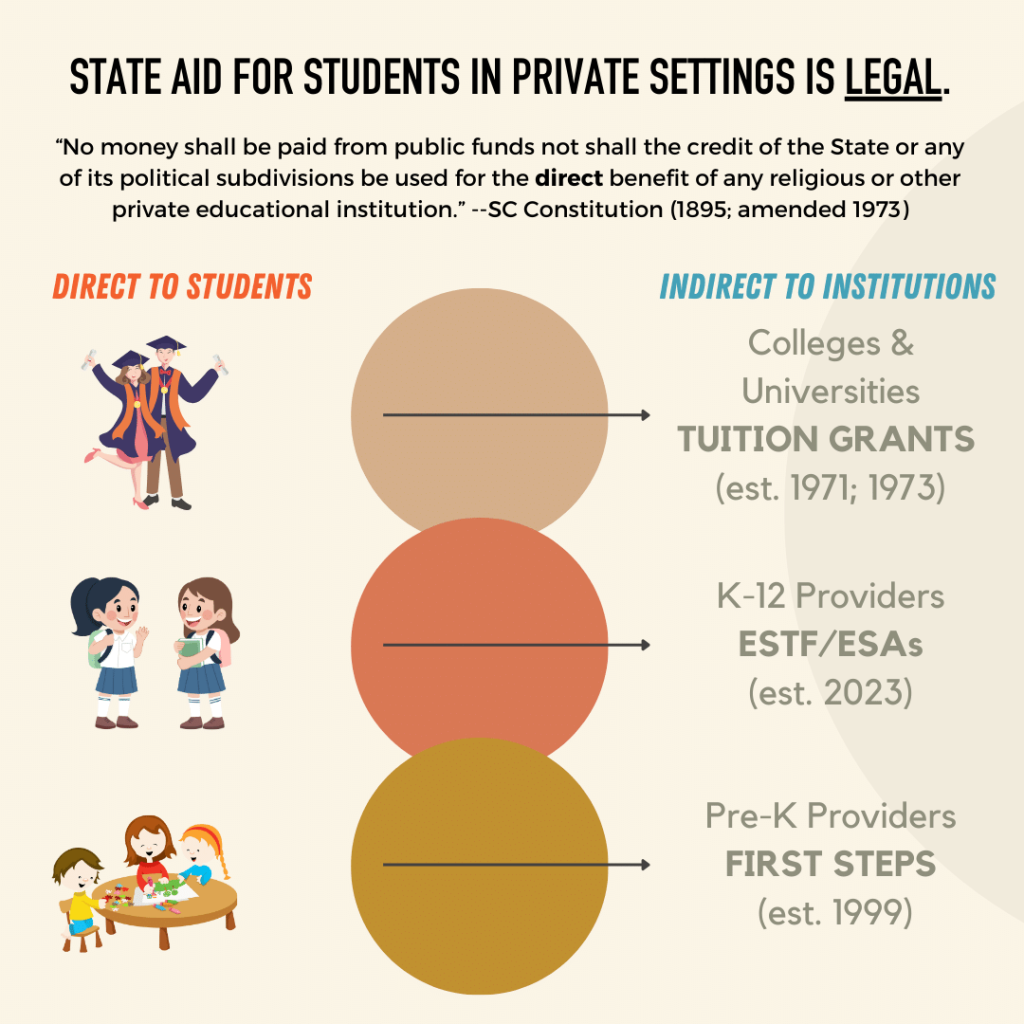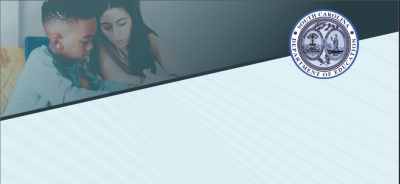Yes. Even as the U.S. Supreme Court has overwhelmingly upheld school choice programs of all stripes, state Constitutional questions born of bigoted anti-Catholic Blaine Amendments have routinely plagued voucher programs. However, Education Savings Accounts have withstood Blaine Amendment challenges precisely because of their legal differences from vouchers. Arizona, home of the nation’s oldest ESA program, provides the framework.
According to the Institute for Justice, which successfully defended Arizona’s ESA program in state court and also won the recent Espinoza school choice victory before the U.S. Supreme Court:
“…the Arizona Supreme Court was faced with deciding whether two new state educational programs—traditional voucher programs—designed to educate special needs and foster children were constitutional under the Arizona Constitution. In Cain v. Horne, the Arizona Supreme Court said they were not constitutional and struck down these programs because parents had “no choice; they [had to] endorse the check” over to a private school.”
[The Arizona ESA program was] designed to comply with the specific instructions laid out by the Arizona Supreme Court in Cain v. Horne. There, the Court said it was “immaterial” that the “check or warrants first pass through the hands of parents” because once the child was accepted by a private school, both voucher programs at issue gave parents or guardians “no choice; they [had to] endorse the check or warrant to the qualified school.”
That is not true of the Empowerment Account program. Parents have ample choice as to where and how to spend the money. The Empowerment Account program clearly transfers state funds to parents and children for educational purposes—not to private or religious schools. The Arizona Supreme Court’s decision in Cain v. Horne was devastating for many parents whose children were flourishing in their school of choice. But, as is the American way, school choice supporters have turned adversity into an opportunity to expand educational freedom in a way that will save taxpayers money and in a manner that is entirely constitutional.
In 2020, Adams v. McMaster overturned South Carolina’s COVID-recovery SAFE Grants tuition grant program. The South Carolina Supreme Court, following a nearly identical logic to that of the Arizona Supreme Court, actually quoted the Cain v. Horne decision in their final opinion. The ESA law, drafted and passed after that Adams decision, is state-funded (avoiding the narrow set of facts at play in the federally-funded SAFE Grants program), and follows Arizona’s clear and successful roadmap to create a Constitutionally sound program.





